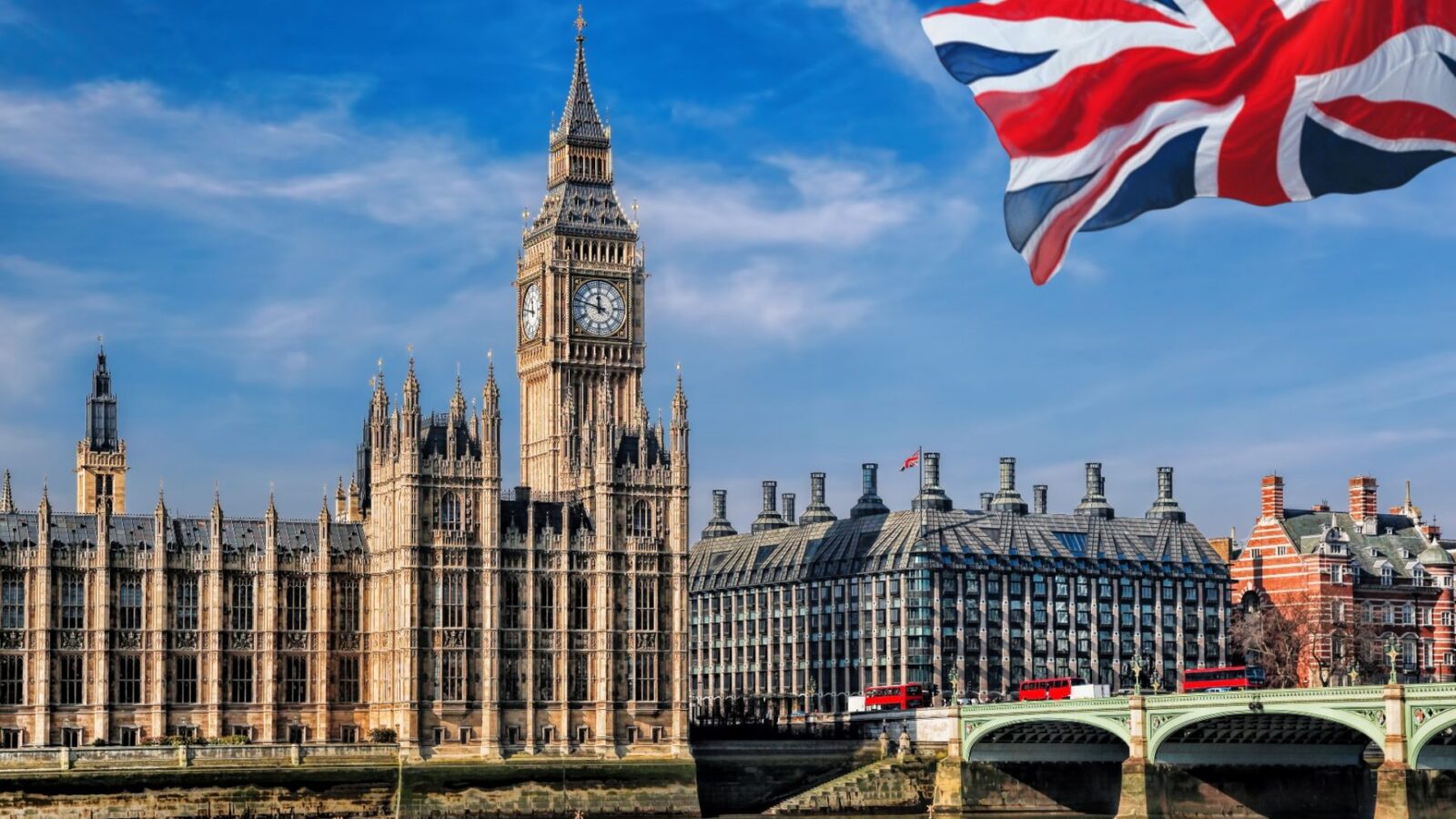The UK government has allocated £4.5 billion in funding for strategic manufacturing as part of its effort to attract more production to its shores amid intense global competition..
Revealed in the Autumn Statement by Kemi Badenoch,

the UK’s business and trade secretary, the Advanced Manufacturing Plan aims to position the UK as the “best place in the world” to initiate and expand manufacturing businesses. The plan focuses on targeted funding for key sectors such as automotive, aerospace, clean energy, and life sciences.
The government’s strategy, outlined in the plan document, acknowledges the global competition in supply chains and technology. Emphasizing a commitment to avoiding distortive subsidy battles, the plan underscores the existing strengths of the UK, including a robust business environment, world-class universities and innovation institutions, and a highly skilled workforce. The goal is to leverage these strengths to attract investments, particularly in clean and digital manufacturing technologies.
The funding, slated to be available for five years starting in 2025 after the next general election, aims to de-risk and incentivize private sector investment. The government asserts that for every £1 it invests in the manufacturing future, it anticipates leveraging £5 of additional private sector expenditure.
UK Prime Minister Rishi Sunak, announcing the plan, expressed the government’s dedication to supporting British businesses, positioning the UK as a global leader in manufacturing. He highlighted the plan’s role in providing long-term certainty for industry growth, job creation, and increased opportunities across the country.
The majority of the earmarked funds—over £2 billion—will be allocated to the automotive sector, which exported 80% of its produced vehicles and contributed £34.4 billion to exports in the previous year. The funding will primarily focus on expanding the production of battery electric vehicles (BEVs) in response to upcoming zero-emission vehicle legislation.
Acknowledging the current reliance on imports for BEV components, the government introduced the UK Battery Strategy to establish a globally competitive battery supply chain supporting economic prosperity and the transition to net zero.
Industry leaders, including Mike Hawes from the Society of Motor Manufacturers and Traders, have responded positively to the government’s initiatives, seeing them as crucial for attracting necessary investments to navigate significant transitions, particularly in decarbonizing road transport.
The government’s commitments include support for large-scale research and innovation activities across the battery supply chain, with investments in facilities like the UK Battery Industrialisation Centre and the Advanced Materials Battery Industrialisation Centre.
While the competition is formidable, with countries like the US and the EU offering substantial subsidies, the UK government remains focused on leveraging its competitive strengths, regulatory stability, and incentives to capture global growth opportunities in manufacturing.
Source: funding


















